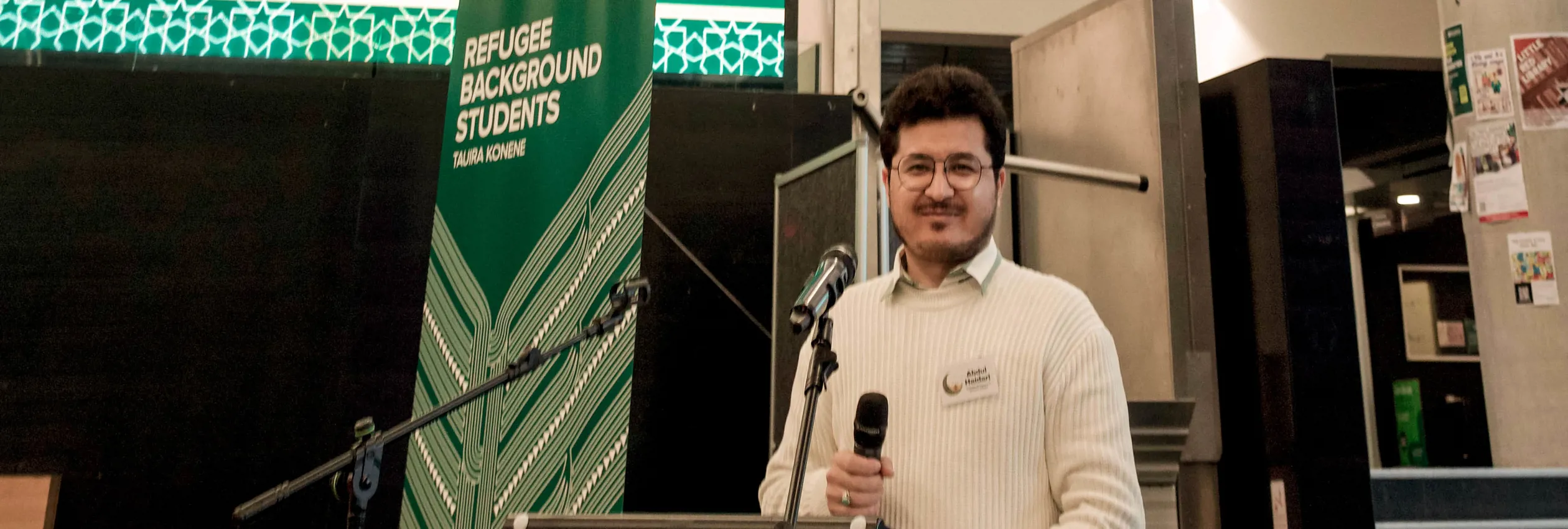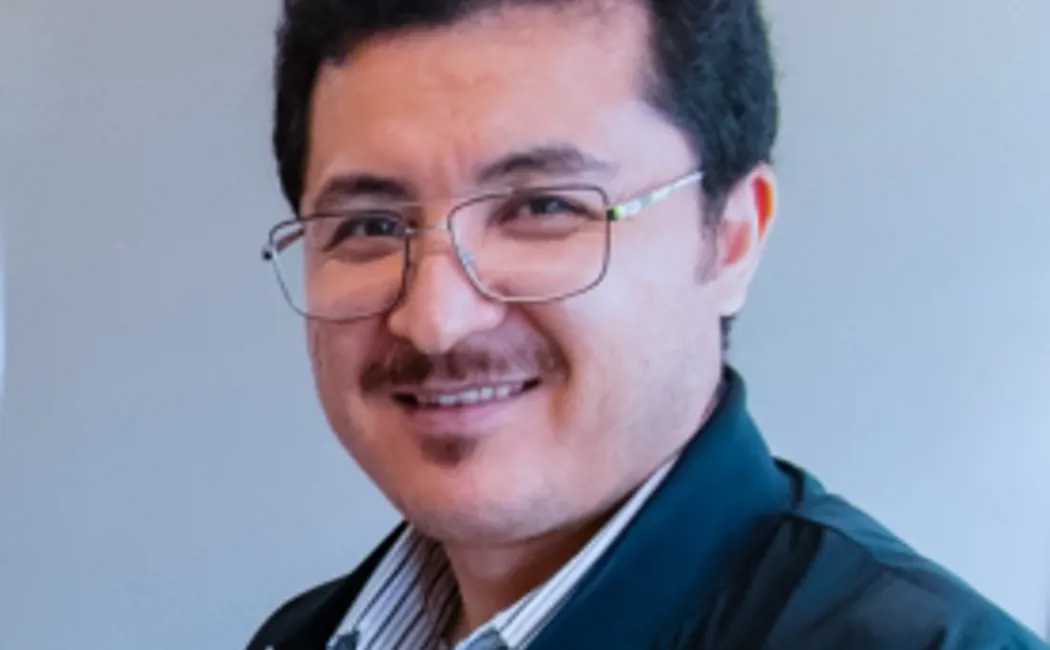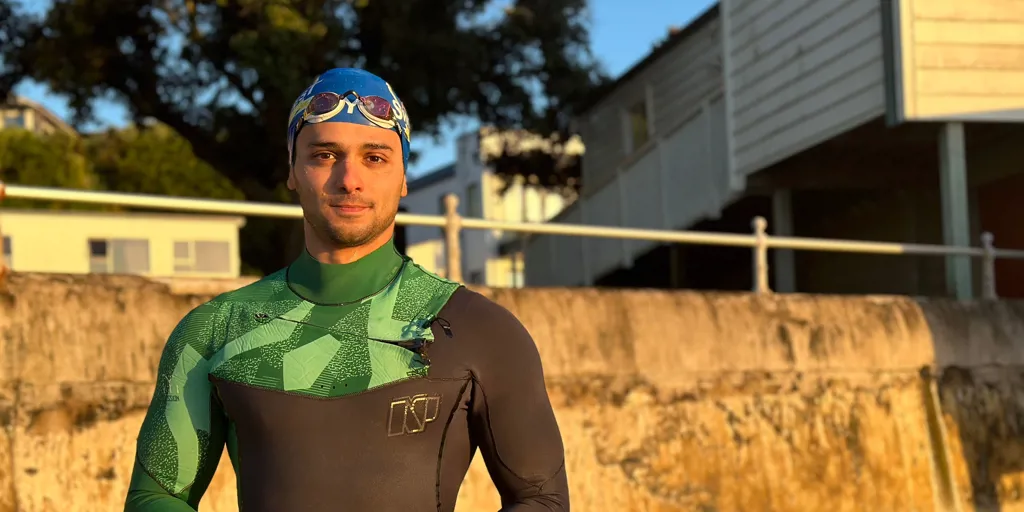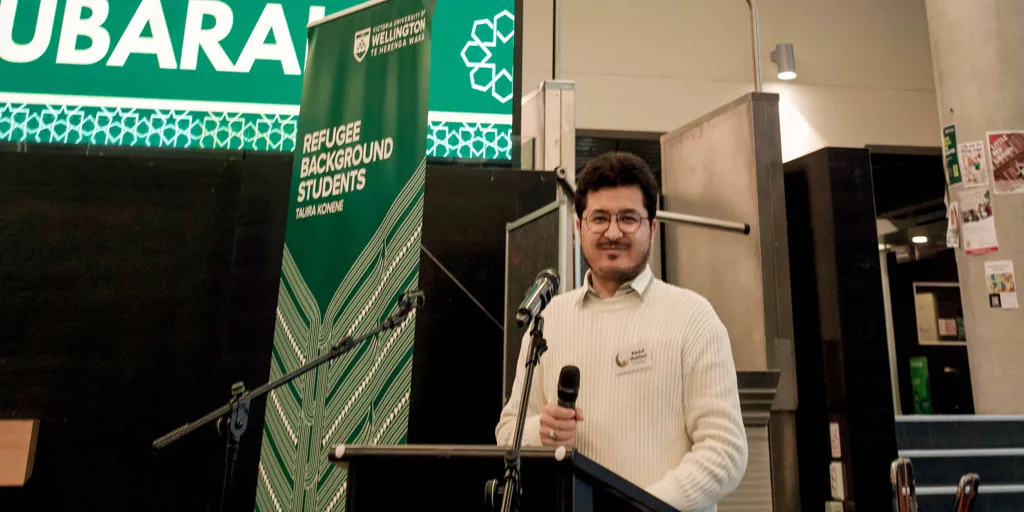Working towards a brighter future
Abdul enjoys the peace, beauty and security of living in New Zealand and loves his work with refugees – a community he cares deeply about. He has found New Zealanders to be friendly and open, and he’d love to make a permanent life for himself here.
“What surprised me most was the amount of confidence I had lost during those years as a refugee,” Abdul says. “But the welcoming environment, new opportunities, and the support I received – especially through my first workplace at Aotearoa Refugee and Migrant Support Services – helped me begin to rebuild what I had lost.”
However, Abdul’s great sadness is that after two years in New Zealand, he does not have a clear pathway towards family reunification. He is constantly worried about the safety of his family in Pakistan. They are now facing the threat of forced deportation to Afghanistan at any moment from Pakistan – a risk that has accelerated in recent weeks.
These are feelings he shares with the students he now supports at Te Herenga Waka-Victoria University. Abdul helps students with a refugee background to overcome hurdles to their study. This can be practical advice on how to engage fully with the University or how to find social support. He feels a great sense of satisfaction when he has helped students overcome challenges.
“Many of my students struggle to accept trauma from their past,” says Abdul. “But despite these struggles, or because of them, many refugees do amazing things and make great contributions to Aotearoa life. They come with stories of hardship, yes, but also with strength, visions, expertise, and knowledge The amount of support services the university provides is also admirable.”
Abdul is an accomplished poet – he has already published two books of verse, both available online: The Unsent Condolences and The Red Ribbon. He is currently writing his third book, this time about his life experiences.
Abdul desperately wants his story to have a happy ending, where he can find true healing once his loved ones are safe by his side.














 New Zealand
New Zealand




